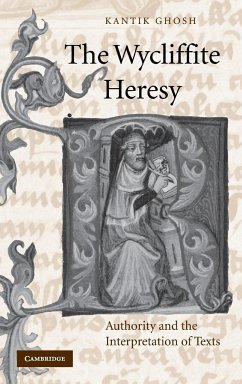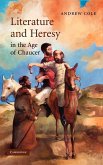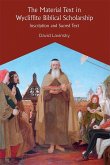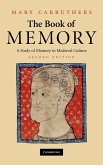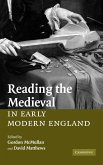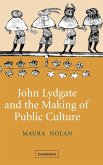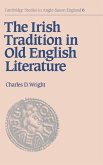Kantik Ghosh argues that one of the main reasons for Lollardy's sensational resonance for its times, and for its immediate posterity, was its exposure of fundamental problems in late medieval academic engagement with the Bible, its authority and its polemical uses. Examining Latin and English sources, Ghosh shows how the same debates over biblical hermeneutics and associated methodologies were from the 1380s onwards conducted both within and outside the traditional university framework, and how by eliding boundaries between Latinate biblical speculation and vernacular religiosity Lollardy changed the cultural and political positioning of both. Covering a wide range of texts - scholastic and extramural, in Latin and in English, written over half a century from Wyclif to Thomas Netter - Ghosh concludes that by the first decades of the fifteenth century Lollardy had partly won the day. Whatever its fate as a religious movement, it had successfully changed the intellectual landscape of England.
Table of contents:
Introduction; 1. John Wyclif and the truth of sacred scripture; 2. William Woodford's Anti-Wycliffite hermeneutics; 3. Vernacular versions of the Bible and 'authority'; 4. The English Wycliffite sermons: 'thinking in alternatives'?; 5. Nicholas Love and the Lollards; 6. Thomas Netter and John Wyclif: hermeneutic confrères; Afterword: Lollardy and late-Medieval intellectuality.
A study of the Wycliffite heresy, otherwise known as Lollardy, which flourished in England in the late fourteenth and early fifteenth centuries. Kantik Ghosh shows that, whatever the fate of Lollardy as a religious movement, the debates it initiated changed the intellectual landscape of England.
Studies how the debates initiated by the Wycliffite heresy changed the intellectual landscape of England.
Table of contents:
Introduction; 1. John Wyclif and the truth of sacred scripture; 2. William Woodford's Anti-Wycliffite hermeneutics; 3. Vernacular versions of the Bible and 'authority'; 4. The English Wycliffite sermons: 'thinking in alternatives'?; 5. Nicholas Love and the Lollards; 6. Thomas Netter and John Wyclif: hermeneutic confrères; Afterword: Lollardy and late-Medieval intellectuality.
A study of the Wycliffite heresy, otherwise known as Lollardy, which flourished in England in the late fourteenth and early fifteenth centuries. Kantik Ghosh shows that, whatever the fate of Lollardy as a religious movement, the debates it initiated changed the intellectual landscape of England.
Studies how the debates initiated by the Wycliffite heresy changed the intellectual landscape of England.

